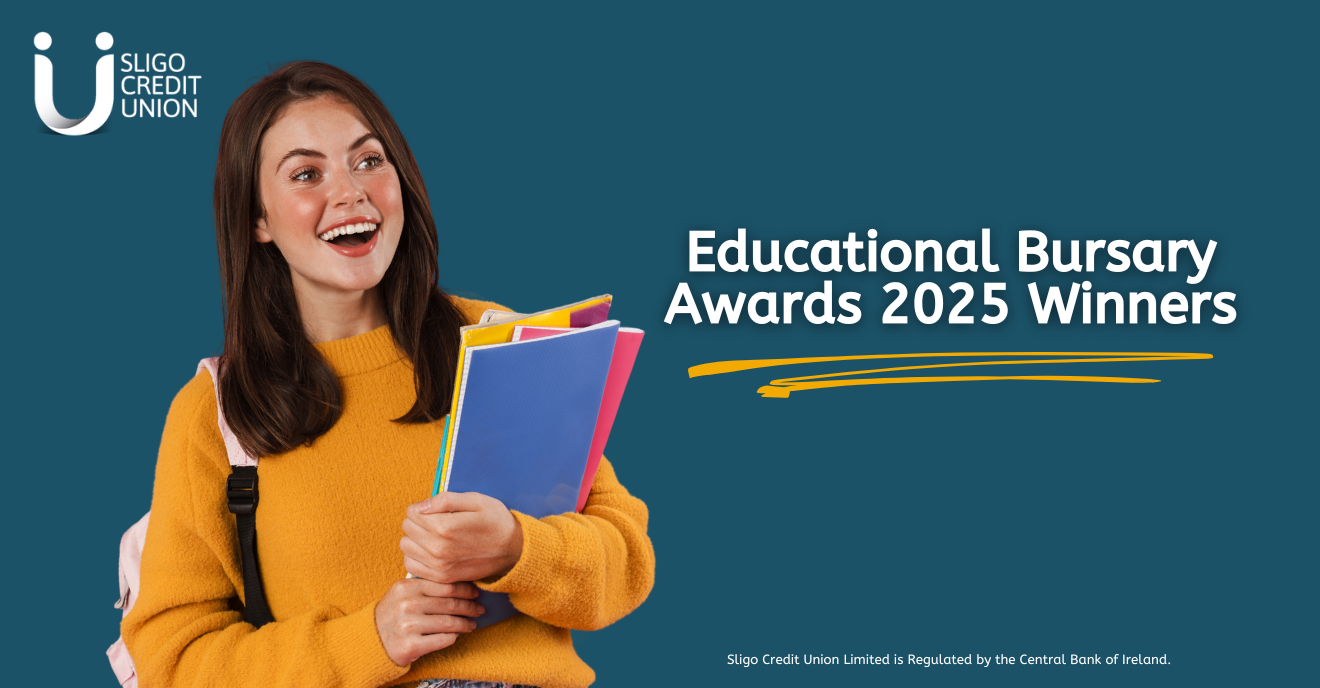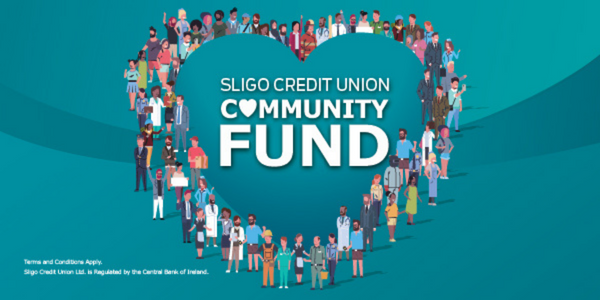28 March 2022
Sligo Credit Union x Acquired Brain Injury Ireland: "A Day in the Life"
March is Brain Injury Awareness Month, and Sligo Credit Union is honoured to team up with Acquired Brain Injury Ireland and the Transitional Rehabilitation Service in Tonaphubble, Sligo, for the month of March to raise awareness about brain injuries. To bring our awareness month to a close, we would like to shine a light on the unit here in Sligo, which provides clients with help, guidance, and support to rebuild their life after a brain injury.
Local Services Manager, Teresa O'Boyle, and the ABII Sligo team, kindly sat down with Sligo Credit Union to answer some questions about what a typical "Day in the Life" might be for them.
Please briefly describe a typical day in ABI Sligo
The Transitional Rehabilitation Service in Tonaphubble, Sligo was opened in June 2007, and provides a variety of transitional, residential, day and community rehabilitation activities to people accessing its services. ABI Ireland’s services are operated in accordance with our vision of endeavouring to ensure that people with neuro-rehabilitation needs and their families receive the highest quality personalised services and supports as and when they need them.
Based on this vision, our clients live in the Brain injury Transitional Living Unit form Monday to Friday replicating all elements of daily living as they would in their own home. We very often describe the Unit as “Home from Home”. By engaging in every day activities, Clients are able to work with the clinical team to identify what their struggles and challenges are following their brain injury. Acquired Brain Injury, very often described as a hidden disability can have many presentations, varying from Physical, medical, cognitive, emotional, psychological, and social.
Our clients reside in the Unit form Monday to Friday, staying overnight and going home at weekends. Clients work very closely with the clinical team, which encompasses, a Team of Rehabilitation assistants, Occupational Therapy, Psychology, Speech and Language and Physiotherapy. Every client has their own keyworker, individual rehabilitation plan based on their individual needs and the a programme which is very Goal based.
What's the most rewarding aspect of your job?
There are so many aspects of my job that are rewarding. I am very privileged to work with a wonderful, dedicated team of brain injury specialists who are passionate about their role in supporting our clients to achieve their individual goals and to return to their home and in many cases to their work.
I find it very rewarding when a client has met their goals following a period of rehabilitation, and to be able to share that sense of pride and achievement. It is also a very great privilege to meet a client and their family at the start of their rehabilitation journey. This is a critical and difficult time for the whole family when there may be anxiety, worry, fear and apprehension after the sudden and unexpected presentation of their brain injury. It is rewarding to be in a position to reassure, offer support, empower and enable both the client and the family to understand and to overcome so many obstacles, as they resume living life again after brain injury.
Describe in a few words how important the ABII clinic is to Sligo, and the Northwest region.
The Community Brain Injury service at the Transitional Living Unit, Tonaphubble , Sligo works in partnership with HSE Physical and Sensory Disability department, to provide residential and community based neuro rehabilitation to persons aged 18 - 65 years living in the geographical area of Sligo, Leitrim and west Cavan. The clinical team comprises professionals from both Acquired Brain Injury Ireland and the HSE. This has proven to be a very positive and effective partnership with clients having access to the expertise of all disciplines in the early stages post injury.
On average, between 50 and 60 persons access the services of this team monthly. Because of the transitional model of the service, there is capacity for residents to transfer the skills and strategies adapted during their rehabilitation, to the home situation at weekends and post discharge. The shortest period of time a resident will stay in the Residential service is 2 weeks and this is primarily an assessment period, while the longest period of time a clients will remain a resident is 6 months. This is not a medical model of service and is very much community-based neuro rehabilitation.
What is your main and lasting vision for the Brain Injury Unit?
Our vision is for a society where brain injury is understood and all those impacted receive world-class, personalised rehabilitation and support, as and when they need it. In our unity we aim to play a key local role in rebuilding lives after brain injury. And empowering people to live to their full potential.
The service provides rehabilitation to the population of Sligo, Leitrim and west Cavan which is approximately a population of 110,000 people. Every year in Ireland approximately 19,000 people acquire a brain injury from stroke, falls, road traffic accidents, concussion, tumours, viral infections and many other causes. Brain injury can happen as easily as slipping on ice, or putting out the wheelie bin and banging your head.
At Acquired Brain Injury Ireland we strive to support our clients to get the information and services they need to rebuild their life. The service is here to help our clients and families to understand their brain injury and to provide neuro-rehabilitation, so that they can achieve their goals and regain personal independence.
We also understand that no two brain injuries are the same. For that reason, every rehabilitation journey is unique. We work with survivors of brain injury to develop an ‘Individual Rehabilitation Plan’. The plan enables each person accessing our service to make decisions that affect all aspects of their life, by identifying and reaching personal goals in an environment that is right for them.
See here for information about Acquired Brain Injury Ireland and understanding the causes and common symptoms of Brain Injury.








